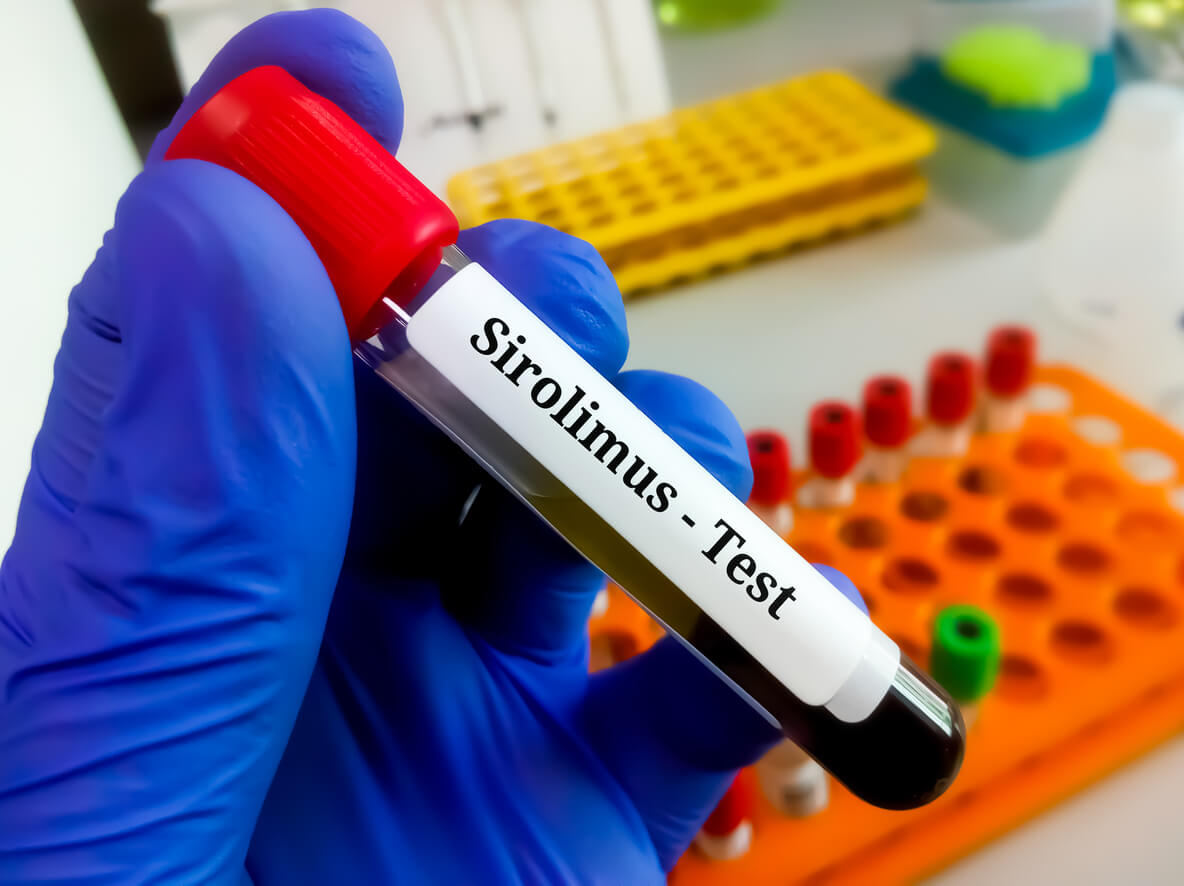
Rapamycin, a revolutionary drug with a fascinating history, has been at the center of medical research and clinical trials for years. Its wide-ranging effects on cellular processes and its potential life extension properties have seen it gain popularity with those looking for improved health and longevity. You can find out more here about the mechanisms, uses, and history of rapamycin and its potential role in helping patients live a longer, healthier life.
What is Rapamycin and How Does it Work?
Rapamycin, also known as Sirolimus, is a macrolide compound derived from the bacterium Streptomyces hygroscopicus. It was first discovered in the 1970s and has since captured the interest of scientists due to its unique and beneficial properties.
The primary mechanism in how rapamycin works is by inhibiting a protein called mammalian target of rapamycin (mTOR). This protein plays a crucial role in regulating several cellular processes, including cell growth and survival and metabolism. It is also a key component in the process responsible for recycling and clearing out damaged cells and cellular debris, known as autophagy. By using rapamycin to inhibit mTOR, it can lead to increased cellular repair, decreased inflammation, and even slowed aging.
History of Rapamycin
The history of rapamycin dates back to the 1970s, when it was first discovered during a scientific expedition to Easter Island (also known as Rapa Nui) in the South Pacific. It was there that researchers found a previously unknown strain of Streptomyces hygroscopicus bacterium, from which they isolated the compound rapamycin. Named after the island, rapamycin quickly became a focal point for researchers around the world due to its diverse and potent pharmacological effects.
Initial research indicated that it possessed potent antifungal properties. However, with further investigation, it was found to havepowerful immunosuppressive properties and was developed as an anti-rejection drug for organ transplant patients. Since this time, this intriguing compound has opened up new avenues of scientific exploration,including its potential as an effective anti-ageing drug and anti-cancer treatment.
Uses of Rapamycin
Rapamycin has a variety of current and potential uses, owing to its ability to modulate cellular processes. Some of the well-established and promising applications of rapamycin include:
Organ Transplantation
Rapamycin is widely used as an immunosuppressant and has been crucial in preventing transplant rejection in patients who have undergone organ transplantation. By inhibiting mTOR, rapamycin suppresses the immune system, reducing the risk of the body attacking the transplanted organ.
Cancer Treatment
Rapamycin and its derivatives are being investigated as potential cancer therapies, with some studies showing promising results in reducing tumor growth and improving survival in certain types of cancer. By inhibiting mTOR, rapamycin can slow down cancer cell growth and replication, making it a promising adjunct therapy to more traditional cancer treatments.
Life Extension
One area of ongoing research revolves around rapamycin’s potential ability to extend lifespan. In a number of studies on mice (and other organisms) during the early 2000s, researchers discovered that rapamycin significantly increased their lifespan, extending their longevity by as much as 10-25%. These findings sparked interest in the potential of rapamycin as a breakthrough life-extension drug, helping to delay the onset of age-related diseases.
Despite the fact that the FDA has yet to officially sanction rapamycin for life extension purposes, it is frequently prescribed “off-label” as a potential longevity therapy. Numerous physicians specializing in life extension have endorsed the use of rapamycin, informed by the promising results from animal trials and ongoing human studies that suggest significant improvements in health and lifespan.
How a Life Extension Program Can Help
A life extension program is a personalized and evidence-based program designed to help improve health and longevity. At North Dallas Wellness Center, Dr. Fein has dedicated himself to unearthing scientific research spanning years to develop an effective life extension program that achieves optimal results.
Each program is customized to each patient’s unique chemical profile and combines:
- FDA-approved medications: This includes rapamycin and metformin
- Telomere testing: A cutting-edge method of assessing biological aging
- Prescription co-enzymes and antioxidants: These aid in reducing oxidative stress and enhancing metabolic health
- Lifestyle detoxification: A comprehensive approach to eliminate harmful lifestyle habits and promote optimal health
- Potent nutraceuticals: These are nutritionally dense substances that provide health benefits
Together, these components help to boost immunity, uplift energy levels, enhance longevity, and may contribute to potential life extension.
With ongoing studies and advancements in understanding the mechanisms of rapamycin, it has opened up new avenues for research and exploration. While there is still much to be learned about rapamycin, its potential holds great promise for improving wellbeing and longevity and could revolutionize our approach to health and aging.
Rapamycin Therapy in Dallas, TX
If you are interested in exploring the many benefits of rapamycintherapy, contact North Dallas Wellness Center in North Texas. Board-certified Dr. David Fein specializes in health and wellness, providing individualized care that combines mainstream medicine with a holistic approach for mental, spiritual, and physical balance.
We offer a range of wellness services to help you look and feel your best, including customized life extension programs,medical weight loss, and IV vitamin infusion therapy. To schedule a consultation with Dr. Fein or to learn more about our wellness services, call us today at (214) 696-3885 or use our secure online appointment request form. We look forward to serving you!


